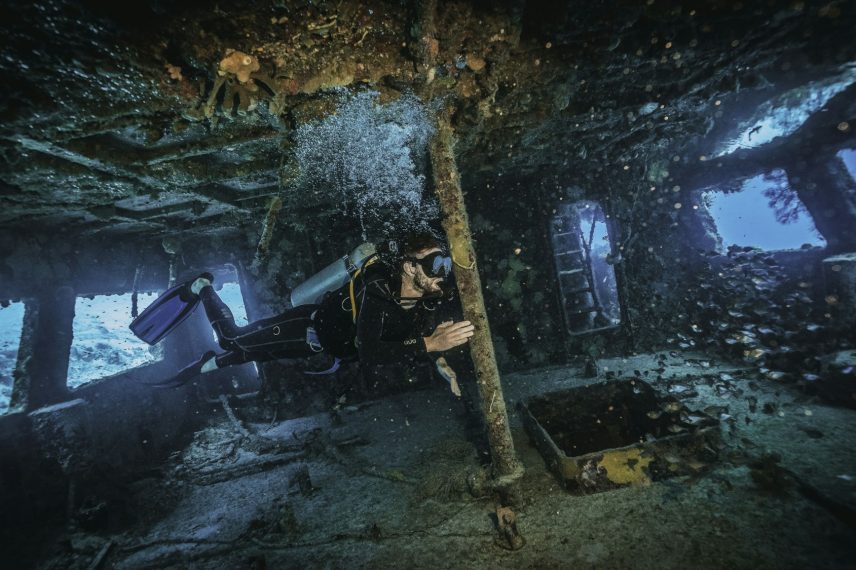Scuba diving is an activity that allows people to explore the underwater world. Many divers choose to dive for recreational purposes, but some also dive for commercial, scientific, or military purposes. It is important to remember that scuba diving is not like swimming, as a scuba diver is limited in the depth they can go and their maximum time underwater. However, scuba divers are allowed to explore a wide variety of locations, including underwater caves, reefs, and beaches.
To begin scuba diving, you need to take a course that will teach you how to use the equipment. This includes learning how to navigate underwater, clear your mask of water, and maintain your buoyancy. Also, a diving buddy is a must. A buddy will help you in emergency situations. You should always be able to see your buddy. They will also be able to tell you about the interesting wildlife and sites you will see.
In addition to the basic equipment, scuba divers wear special gear that will allow them to remain underwater for extended periods of time. This equipment consists of a buoyancy control device, which keeps the diver neutrally buoyant. The diver wears a scuba diving jacket that has pockets for air bladders. These air bladders are filled with a secret air supply, and are used to help the diver stay afloat.
Using a regulator is another essential element of scuba diving. Divers are taught to donate breathing gas to each other in an emergency. If the regulator fails, an Alternative Air Supply, such as an octopus, can provide a steady source of air.
A Submersible Pressure Gauge (SPG) will show you how much air you have left in your tank. The depth of your dive is calculated using a dive computer. Dive computers are reliable and accurate. When you have finished your dive, you should log how long you were underwater and what conditions you encountered.
During your scuba diving training, you will learn how to clear your water out of your mask, how to maintain your buoyancy, and how to enter and exit the water. You will also learn to equalize your ears and air spaces. Ultimately, you will be able to dive safely, and will become a certified scuba diver.
Scuba diving is an exciting and rewarding activity, but it can be dangerous. The most common cause of an underwater emergency is a lack of breathing gas. Breathing gas may be lost due to problems with the buoyancy control system, loss of depth control, or other emergency circumstances. Depending on the type of scuba dive you plan to undertake, you may be required to carry an independent air supply.
For scuba divers who wish to pursue advanced diving, there are many courses available. Many of the world’s top divers are not famous. Instead, they are famous for their groundbreaking research, photography, and other experiments. Fortunately, modern day scuba gear is designed to make diving accessible to more people.
